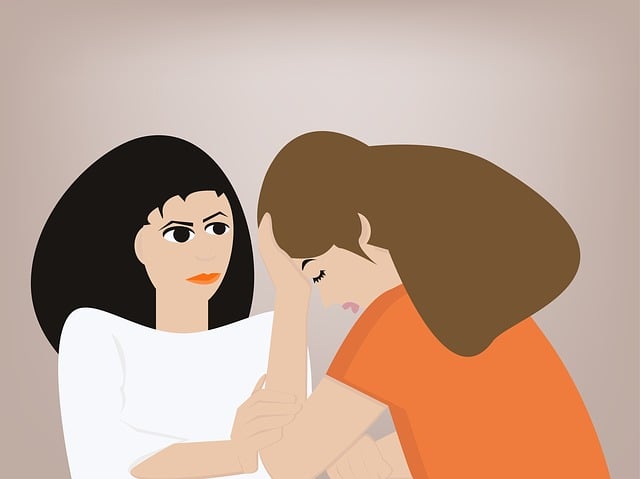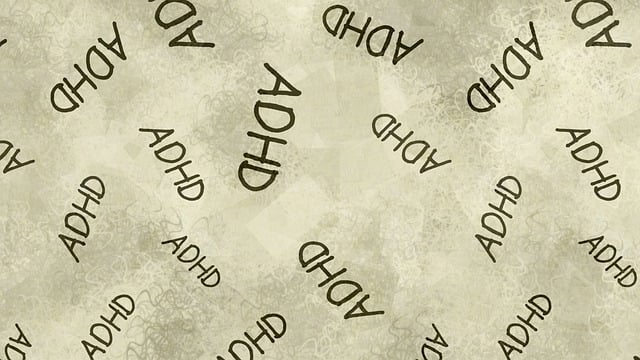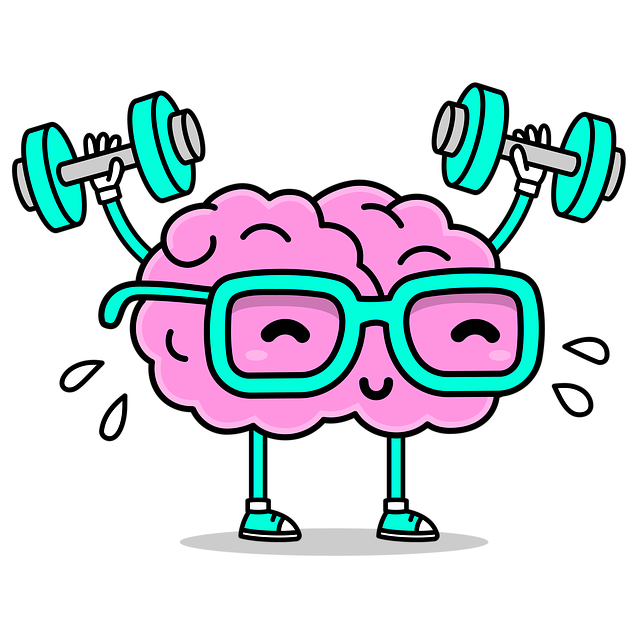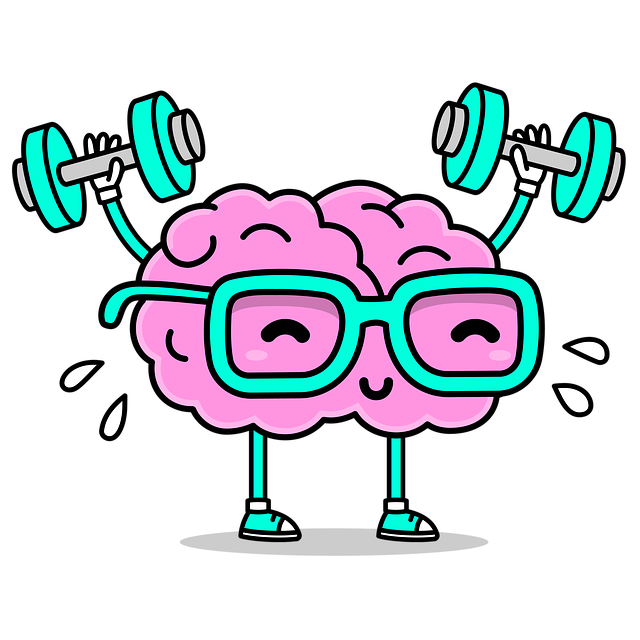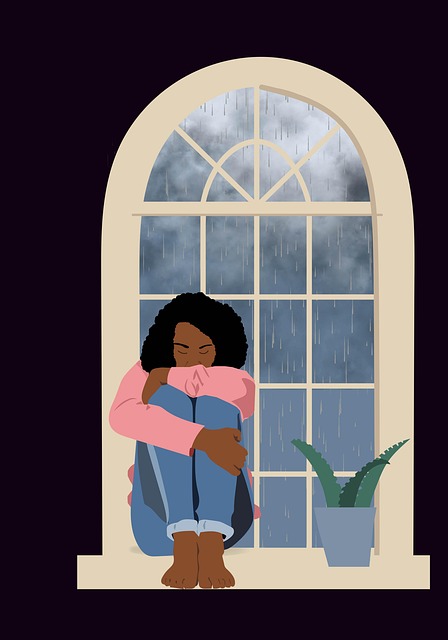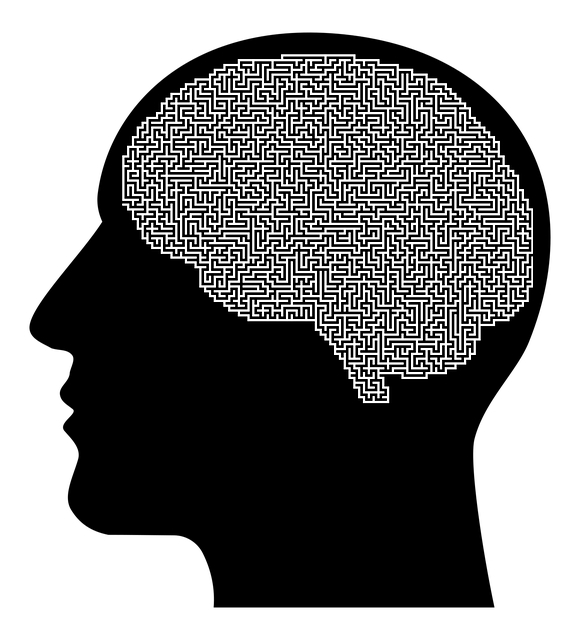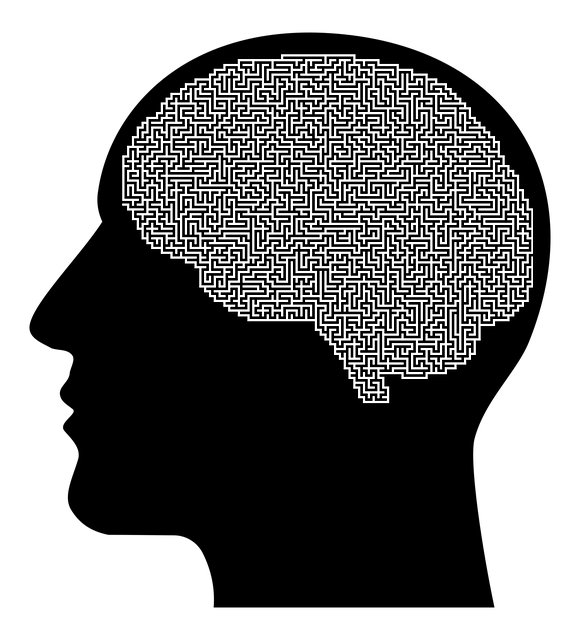Lone Tree Geriatrics Therapy focuses on empowering seniors with effective coping skills for emotional well-being. Through Mental Wellness Journaling, exercise guidance, and self-care routine development, they help individuals manage stress, anxiety, and life transitions. Their tailored programs include resilience-building techniques and stress management workshops, fostering community support and enhanced mental health among the elderly.
Coping skills are essential for maintaining mental well-being, especially among the elderly. This article explores the significance of these skills in geriatric care and offers valuable insights into their development. We delve into effective strategies, highlighting the unique contribution of Lone Tree Geriatrics Therapy in enhancing coping mechanisms for older adults. Understanding and fostering robust coping tools can significantly improve quality of life, offering a lifeline against stress and adversity.
- Understanding Coping Skills and Their Significance in Geriatric Care
- Strategies for Developing Effective Coping Mechanisms
- The Role of Lone Tree Geriatrics Therapy in Enhancing Coping Skills
Understanding Coping Skills and Their Significance in Geriatric Care

Coping skills are essential tools for maintaining emotional well-being, especially among the elderly population. As Lone Tree Geriatrics Therapy emphasizes, understanding and developing effective coping strategies can significantly enhance the quality of life for seniors. In geriatric care, where individuals often face various physical and cognitive challenges, promoting emotional resilience is a key aspect of holistic wellness.
The significance of these skills lies in their ability to provide anxiety relief and help manage stress, which are prevalent issues among the elderly. Through Mind Over Matter principles, therapy sessions can teach them to confront and overcome fears, thereby fostering a sense of control and empowerment. This proactive approach not only prevents emotional distress but also encourages a positive outlook, enabling seniors to navigate life’s transitions with greater ease.
Strategies for Developing Effective Coping Mechanisms

Developing effective coping mechanisms is a crucial aspect of maintaining and enhancing mental wellness, particularly for seniors. Lone Tree Geriatrics Therapy offers valuable guidance in this area. One powerful strategy involves Mental Wellness Journaling, where individuals can express their thoughts and emotions, providing a safe space to process stress or challenging experiences. Regular journaling allows for self-reflection, identifying triggers, and tracking progress over time.
Additionally, Exercise Guidance from mental health professionals plays a significant role in coping skill development. Engaging in physical activity releases endorphins, reducing stress hormones. Whether it’s a gentle walk, yoga, or a more intense workout, exercise offers a healthy outlet for emotional expression. Combining Self-Care Routine Development with structured activities ensures seniors have a comprehensive toolkit to navigate life’s challenges, fostering resilience and promoting overall mental health.
The Role of Lone Tree Geriatrics Therapy in Enhancing Coping Skills

Lone Tree Geriatrics Therapy plays a pivotal role in enhancing coping skills for individuals, especially the elderly population. Through tailored programs that integrate Self-Awareness Exercises and Mental Health Awareness initiatives, this therapy organization offers much more than conventional support. Their expert facilitators guide clients through various techniques designed to foster resilience and navigate life’s challenges with greater ease.
The therapeutic environment cultivated by Lone Tree Geriatrics encourages open dialogue, promoting active participation in Stress Management Workshops. These workshops equip individuals with practical tools and strategies for dealing with stress, anxiety, and other mental health concerns. By fostering a sense of community and providing safe spaces to share experiences, the organization helps participants build strong coping mechanisms that can be applied in their daily lives, ultimately enhancing overall well-being.
Coping skills are essential tools for older adults to navigate life’s challenges. This article has explored the significance of these skills in geriatric care, highlighting how they can improve quality of life and overall well-being. By understanding various coping mechanisms and their effectiveness, individuals can empower themselves to handle stress, anxiety, and even chronic conditions more adeptly. Lone Tree Geriatrics Therapy plays a pivotal role in this process, offering specialized strategies tailored to the unique needs of older adults, thereby enhancing their resilience and adaptability.




